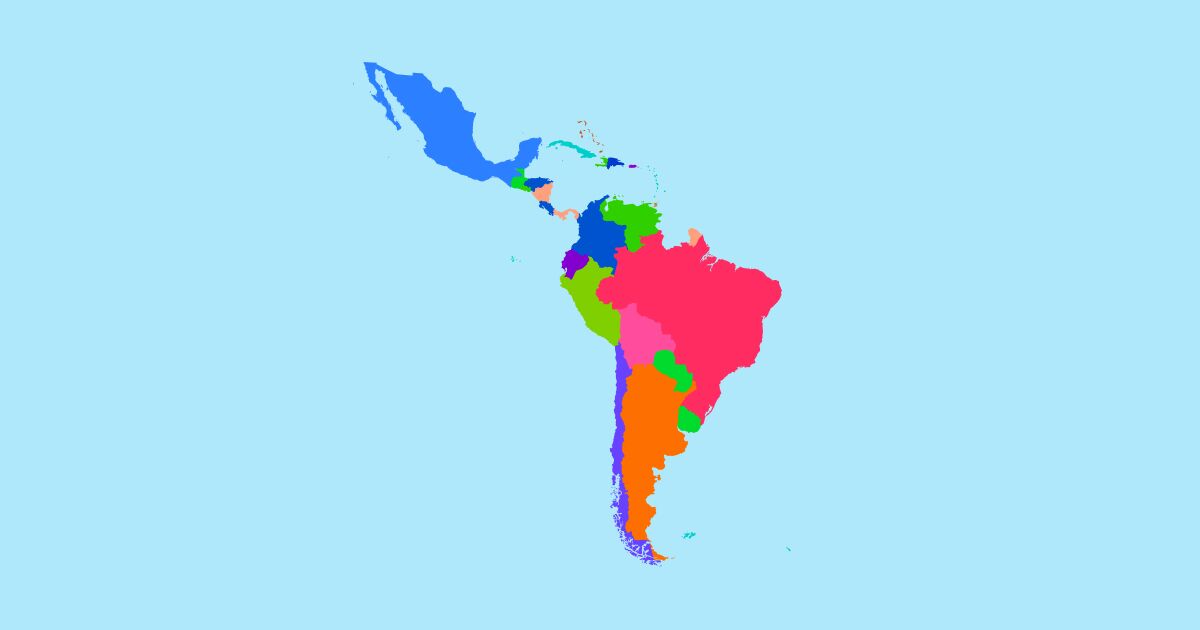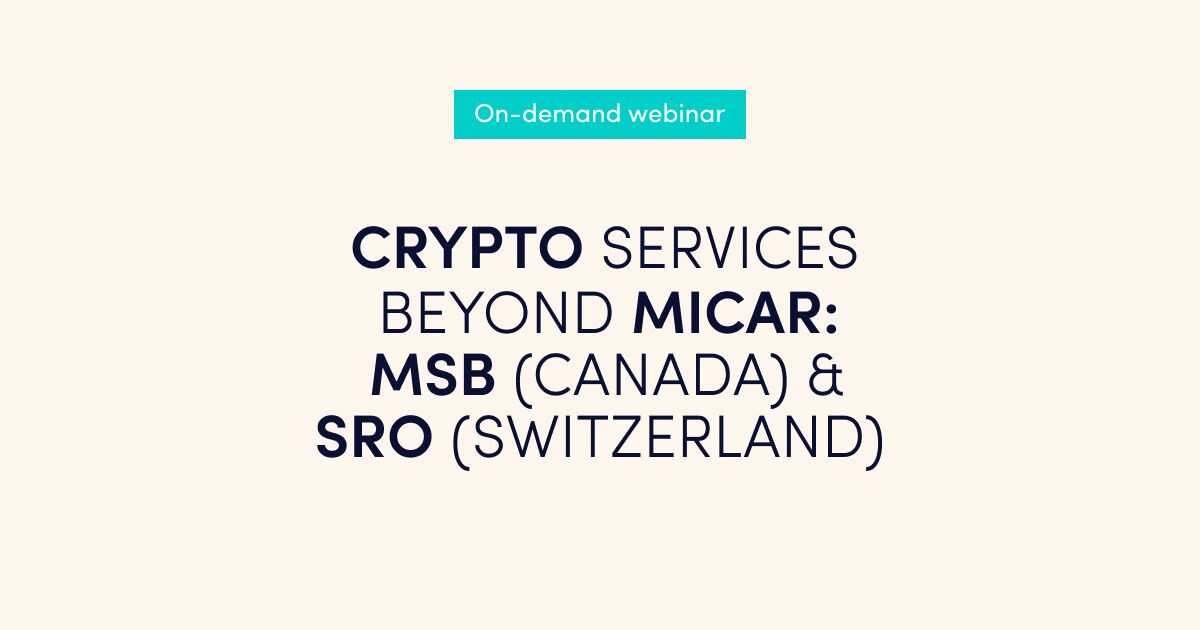
We assist in the full licensing process of obtaining an E-money or Payment Institution license in Ireland
If you are looking to obtain an Authorised Payment Institution or Electronic Money (E-Money) Institution license in Ireland, Advapay can offer you its legal, technical and business expertise and consulting support.
01
Application preparation, communication with the regulator, business services
Filling out an application form
Communication with regulatory authority during the application phase
Assistance in the development of a business plan
Assistance in the opening of safeguarding accounts
Company formation, staffing services
02
Preparation of legal, financial and IT documents
Legal documents – AML, KYC, IT/Security policies, etc.
Financial documentation – 3-years financial forecast, P&L statement, the flow of funds
Company operational documentation – internal policies, risk operation policies, internal audit, etc.
IT documentation
Overview of the fintech industry in Ireland
Over 430 Financial Services companies are operating from Ireland today, including 20 of the Top 25 Global Institutions.
Ireland’s unique ecosystem has led to the development of the world-class fintech sector that continues growing every year. Recently, the country published a new Strategy for the International Financial Services Industry called “Ireland for Finance”, which outlines ambitious targets for the development of the IFS industry in Ireland and Dublin acting as the leading Financial Services hub.
Ireland is an excellent location for Research Development & Innovation, as the country provides funding support, including tax credits and funds aid by IDA Ireland.
E-money and Payment companies in Ireland benefit from a competitive 12.5% corporate tax rate, comprehensive double tax agreements and numerous research and development tax incentives.
E-money or Payment Institution companies authorised in Ireland are eligible to passport to other EEA member states.
In 2019 Ireland issued total 5 E-money and 10 Payment Institution licenses, in 2020 – total 6 licenses, in 2021 – 2 licenses.
Regulator
The Central Bank of Ireland is a regulator of all Financial Services companies in Ireland. Fintech companies established in Ireland benefit from streamlined procedures, reduced bureaucracy and no regulatory fees.
Types of licenses
1) Authorised Payment Institution license
2) Authorised E-money Institution license
3) Small E-money Institution license
Main requirements
Personnel
It is required for institutions to have local personnel – 8-9 employees covering the key functions of the company – financial control, legal and compliance, risk management and including at least 2 executive directors.
Initial Capital Requirements
Initial Capital Requirements for a Payment Institution is EUR 125,000 and the initial capital for E-money Institutions is EUR 350,000. For small Payment Institutions, there are no initial capital requirements.
Fees
There is no registration or application fee for Payment Institution and E-money institution license in Ireland.
Key Stages in the Application Process
Stage 0 – Pre-application meeting
Stage 1 – Acknowledgement
The Central Bank will acknowledge the receipt of an application for authorisation/registration submitted by the applicant within 3 working days after receiving the application.
Stage 2 – Key Information Check
The Central Bank checks that the application form submitted contains all the key information and documentation required to proceed to the assessment phase.
Within 10 working days of receipt of the application, the Central Bank will either confirm the application or advise the applicant that the application does not contain sufficient information or documents to proceed to the assessment phase. Any following application is considered as a new application, and the application process will commence again.
Stage 3 – Assessment Phase
The application form and documents are reviewed following the relevant authorisation/registration requirements that determine whether sufficient information has been provided. The Central Bank will provide comments based on the review of submitted materials and the response.
The assessment phase of the application process lasts for 90 working days. However, in the event of further and/or subsequent information being sought, this 90-day ‘clock’ is paused by the Central Bank until the information is received from the applicant.
If the applicant fails to respond to a request from the Central Bank for further and/or subsequent information, after 60 working days the application won’t be further considered by the Central Bank.
Stage 4 – Notification of Assessment
The Central Bank will notify the applicant of the outcome of the Assessment Phase of the application process as follows:
a) If the assessment is favourable, the Central Bank will notify the applicant by letter and propose to authorise/register the applicant. This letter can also outline any specific conditions.
b) If the Central Bank has not been satisfied on foot of the Assessment Phase, it issues a Notification of Assessment Letter.
Stage 5 – Notification of the decision in respect of the Application
Within 10 working days of receipt of a satisfactory response (the outcome of Stage 4 above), the Central Bank will notify the applicant and send a letter explaining its decision on the application as follows:
– Authorisation/Registration
– Authorisation/Registration with Specific Conditions
– Proposed Refusal of Authorisation/Registration
Documents
1) Application form for an E-money or Payment Institution license including identification details.
2) Articles of Association and/or Constitution evidencing the Applicant’s Legal Status & Certificate of Incorporation and additional information relating to current/previous regulation by a competent authority in the financial services sector (if applicable).
3) Programme of operations including overview of activities, a description of the execution of the different payment services, a copy of the draft framework contract, etc.
4) Business plan including a marketing plan, a forecast budget calculation for the first three financial years, information on own funds, including the amount and detailed breakdown of the composition of initial capital.
5) Organisation structure, including a detailed organisational chart, an overall forecast of staff numbers, operational outsourcing arrangements.
6) Evidence of Initial Capital – depending on payment services – from EUR 20000 to EUR 125000 and EUR 350 000 for E-money services.
7) Measures to Safeguard the Funds of Payment/E-money Service Users.
8) Governance Arrangements and Internal Control Mechanisms
9) Procedure for Monitoring, Handling and Following up on Security Incidents and Security-Related Customer Complaints.
10) Process for Filing, Monitoring, Tracking and Restricting Access to Sensitive Payment Data.
11) Business Continuity Arrangements, including a business impact analysis; a description of the mitigation measures; the identification of the back-up site, access to IT infrastructure, and the key software and data to recover from a disaster or disruption; an explanation of how the applicant will deal with significant continuity events and disruptions.
12) The Principles and Definitions Applicable to the Collection of Statistical Data on Performance, Transactions and Fraud
13) Security Policy Document including a detailed risk assessment of the payment service(s), a description of the IT systems, authorised connections from outside, the logical and physical security measures and mechanisms, etc.
14) Internal Control Mechanisms to Comply with Obligations in Relation to Money Laundering and Terrorist Financing
15) Identity and Suitability Assessment of Persons with Qualifying Holdings in the Applicant.
16) Identity and Suitability Assessment of Directors and Persons Responsible for the Management of the Payment Institution.
17) Identity of Statutory Auditors and Audit Firms.
18) Professional Indemnity Insurance or Comparable Guarantee for Payment Initiation Services and Account Information Services.
Jurisdictions
we cover
We have a strong focus on fintech businesses like digital banks, e-wallets, fiat-crypto wallets, e-commerce banking and remittance.



















